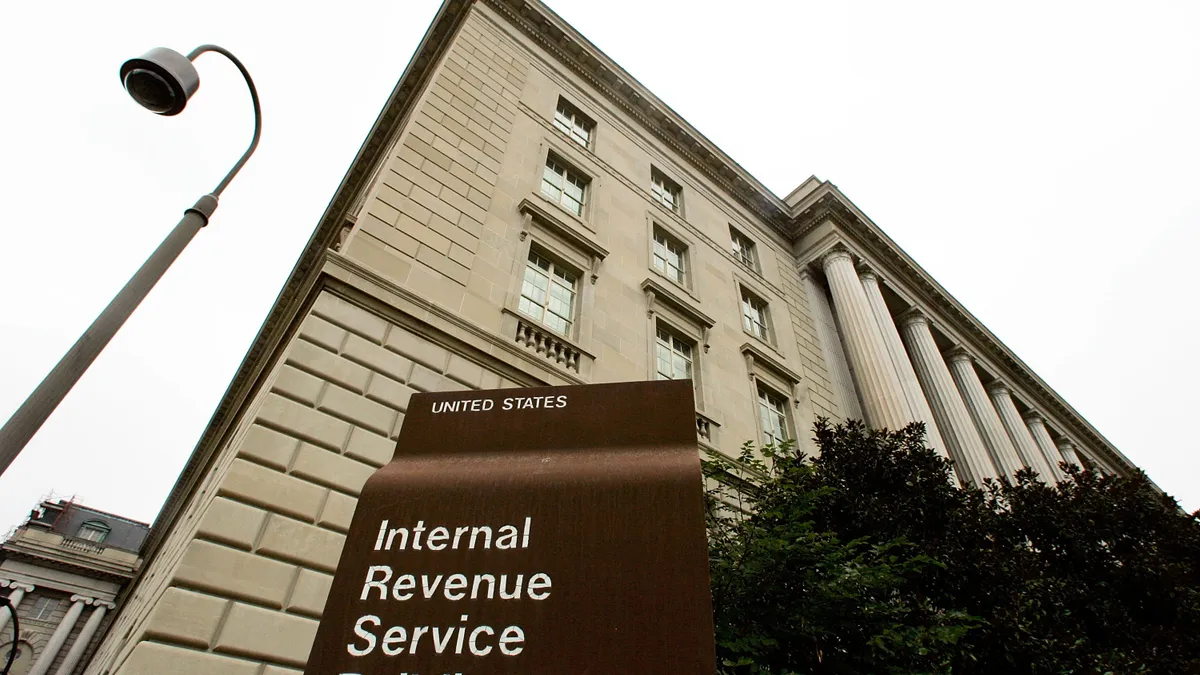Dive Brief:
- One-third of workers are not confident in their ability to perform their jobs, according to a new Docebo report. The company survey of almost 2,400 workers in the U.S. and U.K. and found 32% of respondents said they've felt unqualified to do their job, and 33% fear their boss or colleagues agree. In addition, more than half (52%) said they have a co-worker who isn't qualified to perform the work he or she is assigned.
- Rather than ask a co-worker for help, one in three respondents use the internet, searching Google or YouTube for tutorials. Confidence in on-the job training was also ranked poorly, with 33% of Americans and 38% of Britons saying employer-provided training doesn't meet their expectations. One in three said their employer's training is out-of-date.
- Nearly a quarter of workers feel their lack of qualifications could result in their being let go, something respondents said worries them at least once a month. Learning opportunities are key to employee happiness and well-being; in the U.S., 32% of respondents said training is critical, and 27% of U.K. respondents agreed. Thirty-six percent of all workers, and nearly half of millennials, would consider quitting a job that didn't provide learning opportunities.
Dive Insight:
Younger employees may be especially susceptible to a lack of confidence in the workplace. Research shows members of Gen Z are confident in both their tech knowledge and readiness to innovate, but not as sure of their readiness to join the world of work. Also, the lack of employee confidence revealed by Docebo isn't just directed inward: only 45% of workers in a 2017 Willis Towers Watson survey said they have trust and confidence in their company's senior leadership.
Confidence may be related to employee training, which other surveys have shown is a top priority for workers. A majority of employees in a Udemy survey said they've already needed to upskill, or anticipate needing to in the near future. Workers, in other surveys, say they're ready to train for digitization in the workforce, but report their companies are dragging their feet.
Employers may need to address the skills gap as well as the stress it puts on employees concerned about their future. One estimate put the cost of employee stress at up to $550 million in lost productivity every year.













